As a cat owner, it’s natural to worry about your pet’s health, especially if they seem underweight. A lean cat isn’t always unhealthy, but if your cat’s ribs, spine, or hip bones are too prominent, it might be a sign that they’re too skinny.
So, how do you know if your cat is at a healthy weight, and what should you do if they’re too thin? Let’s go over the signs, possible causes, and solutions to help your cat maintain a healthy weight.
Signs Your Cat Might Be Too Skinny 🧐
Before jumping to conclusions, assessing your cat’s body condition is important. Here are a few signs that could indicate your cat is underweight:
1. Visible Ribs and Spine
If you can easily see your cat’s ribs, spine, or hip bones without pressing, they may be too thin. A healthy cat should have a slight fat covering over these areas.
2. No Fat Layer When You Touch Their Belly
When gently feeling your cat’s belly and sides, there should be a slight fat cushion. If you only feel skin and bones, your cat could be underweight.
3. Lack of Muscle Tone
Underweight cats often have reduced muscle mass, especially around the back, legs, and shoulders. This could be a sign of poor nutrition or an underlying illness.
4. Excessive Lethargy
A cat that lacks energy sleeps more than usual or is reluctant to play and may not be getting enough nutrients to sustain normal activity levels.
5. Dull or Poor Coat Condition
A lack of proper nutrition can lead to dry, brittle fur or excessive shedding. A healthy cat should have a soft, shiny coat.
6. Sudden Weight Loss
This could be a red flag if your cat was previously at a normal weight but has suddenly lost weight. A vet should always check for unexplained weight loss.
If you’re unsure what a healthy cat body should look like, check out this guide on the average cat size—it’s super helpful for comparison. ⚖️
Common Reasons for Weight Loss in Cats 🏥
If your cat is too skinny, the next step is figuring out why. Here are some common causes:
- 🍽️ Not Eating Enough Food – Some cats are picky eaters, while others may not get enough food due to competition from other pets. Make sure your cat has access to high-quality, nutritious meals.
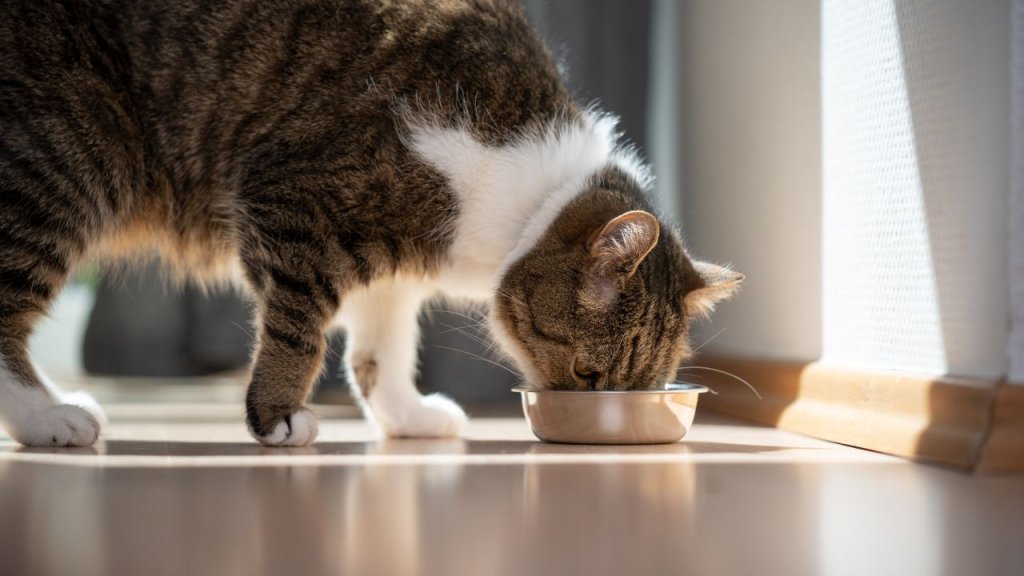
- 🏃 High Metabolism – Certain breeds, like Siamese or Abyssinians, naturally have a lean build and fast metabolism, which keeps them looking skinnier than other cats.
- 😿 Stress or Anxiety – A stressed cat may eat less or burn more calories due to nervous energy. Environmental changes, new pets, or loud noises can contribute to stress-related weight loss. A feline companion might help reduce their anxiety if your cat seems lonely. Check out our kittens available for adoption and find a perfect friend to keep them company! 🐾🐱
- 🦠 Parasites – Intestinal parasites like worms can steal essential nutrients from your cat’s food, leading to weight loss. Regular deworming is crucial for maintaining a healthy weight.
- 🦷 Dental Issues – Painful teeth or gums can make eating difficult. If your cat avoids food, chews on only one side, or drops food from their mouth, a dental check-up may be needed.
- 🩺 Hyperthyroidism – This common condition in older cats causes an overactive thyroid, leading to increased metabolism, excessive hunger, and rapid weight loss. A vet can diagnose and treat this issue.
- 🏥 Diabetes – Cats with diabetes may lose weight despite having a strong appetite. Other symptoms include excessive thirst, frequent urination, and lethargy.
- 🤢 Digestive Disorders – Conditions like inflammatory bowel disease (IBD) or food allergies can prevent proper nutrient absorption, leading to weight loss. If your cat has chronic diarrhea or vomiting, see a vet.
- 🧬 Cancer – While rare, cancer can cause weight loss in cats. Other signs may include lumps, behavioral changes, or loss of appetite. A vet visit is necessary to rule this out.
“A cat’s weight can reveal a lot about their health. If your cat looks too thin or has lost weight suddenly, it could be a sign of stress, dental problems, parasites, or other medical concerns. Don’t guess—have your vet take a look.”
— Dr. Mykhailo Ozmenchuk, DVM
How to Help a Skinny Cat Gain Weight 🥩
If your cat is underweight, there are steps you can take to help them reach a healthy size. Start by increasing their caloric intake with high-quality, protein-rich food. Wet food is often more appealing and calorie-dense than dry kibble, making it a great option for weight gain. Instead of offering two large meals a day, try feeding smaller, frequent meals to encourage consistent eating.
Wondering how weight affects lifespan? Here’s what to expect in terms of how long cats live and how to help them thrive. 🐾
If your cat refuses food, a vet may recommend appetite stimulants or prescription diets designed to support weight gain. Additionally, reducing stress at mealtime can make a big difference. Ensure their feeding area is quiet, separate from other pets, and free from distractions to create a comfortable eating environment. If weight loss continues despite increased food intake, a veterinary check-up is essential to rule out any underlying medical conditions.
To make meals more enticing, consider adding fish oil, bone broth, or a small amount of tuna juice to their food. However, avoid seasonings, as some can be toxic to cats. Lastly, keep an eye on their progress by weighing them regularly. If they aren’t gaining weight within a few weeks, consult a vet to adjust their diet or explore other health concerns.
Thinking of treating your cat? First, find out what is catnip & how it affects cats, from its natural properties to why some felines love it while others ignore it! 🐱💚
When to See a Vet 🚑
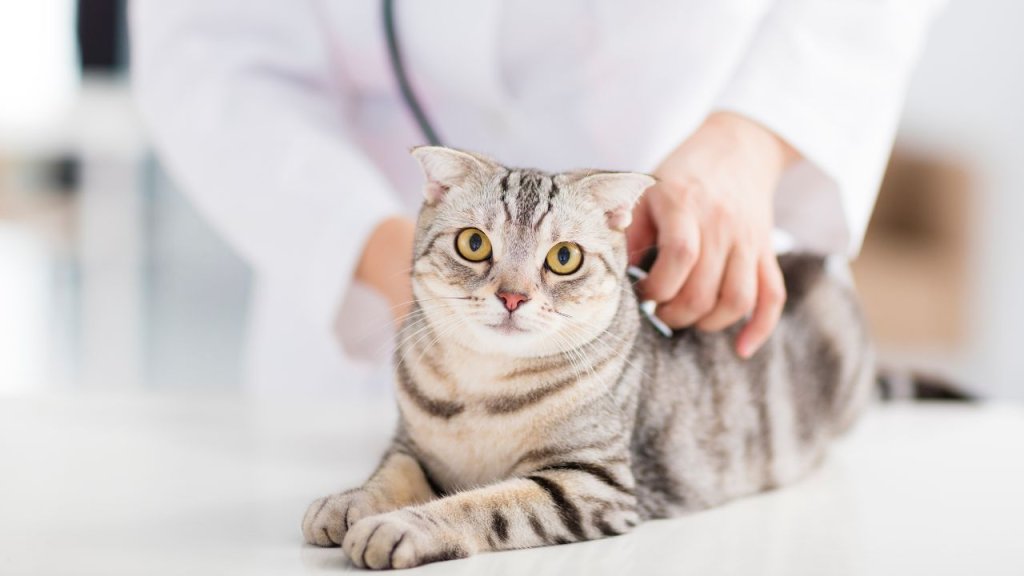
If your cat is losing weight rapidly, has a decreased appetite, or shows other concerning symptoms like vomiting, diarrhea, or lethargy, schedule a vet visit as soon as possible. Early intervention can prevent serious health issues.
Final Thoughts: Is Your Cat Too Thin? 🐱⚖️
A lean cat isn’t always unhealthy, but if your cat’s ribs and spine are too prominent, they may need extra care. Checking for medical issues, offering nutrient-rich food, and creating a stress-free environment can help your cat regain a healthy weight.
If you’re unsure whether your cat is underweight, your vet can provide a body condition assessment and recommend the best plan for their needs.
Not sure if your cat’s weight is healthy? Get expert advice with our online veterinarian consultation—fast, easy, and stress-free for your cat. 🩺
🐾 Have you ever had a skinny cat? What helped them gain weight? Share your experience in the comments! 🐾

FAQs
Can a cat be naturally skinny but still healthy?
Yes, some breeds, like Siamese or Orientals, have naturally lean bodies. As long as your cat is active, eating well, and has a healthy coat, they are likely fine.
How can I tell if my cat is underweight or just small?
Check their body condition by gently feeling their ribs and spine. If there’s a thin layer of fat, they are likely healthy. If bones are very prominent, they may be too thin.
Does my cat’s age affect their weight?
Yes. Kittens grow quickly, so their weight fluctuates. Senior cats may lose weight due to muscle loss, dental issues, or medical conditions.
Why does my cat eat but not gain weight?
Underlying issues like parasites, hyperthyroidism, or poor nutrient absorption could be the cause. A vet check is recommended.
How long does it take for a cat to gain weight?
It depends on the cause of weight loss. A cat can gain 1-2 ounces per week with a proper diet. A vet should monitor rapid changes.


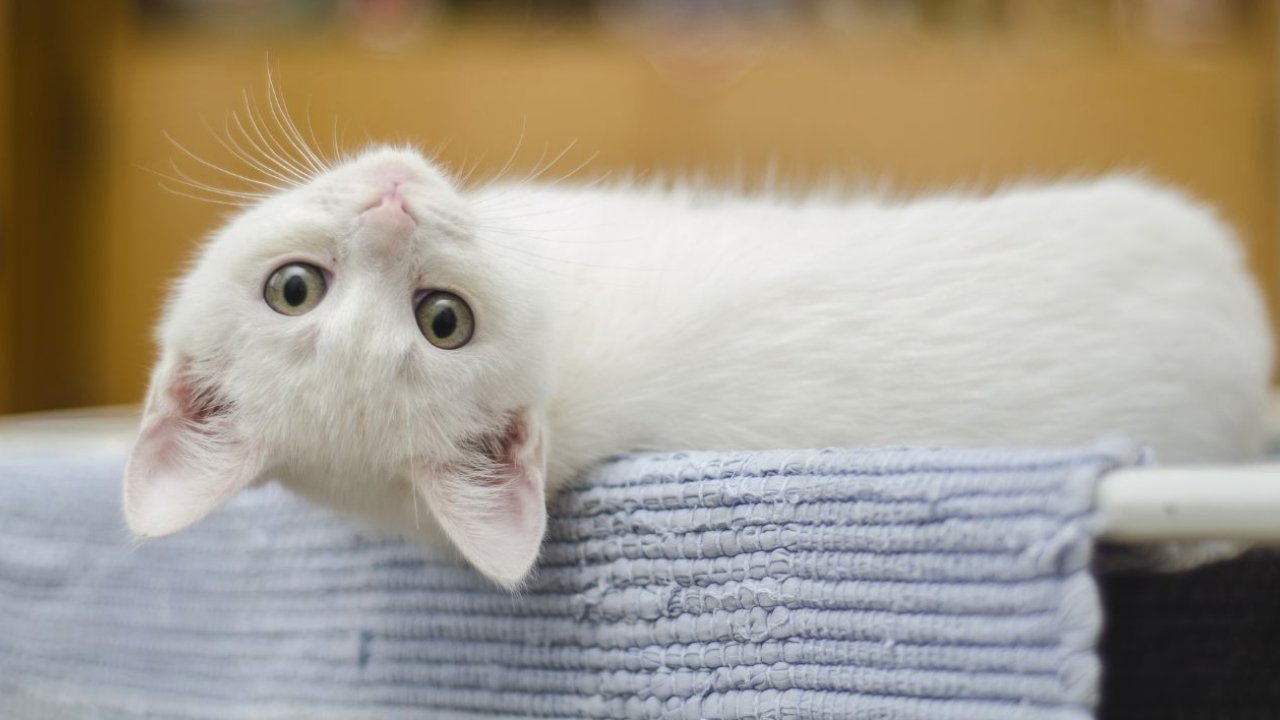
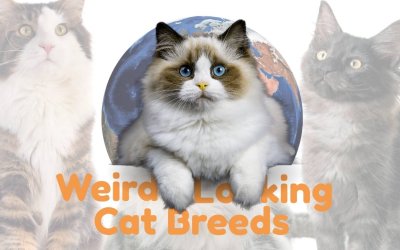
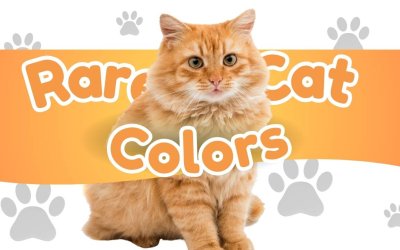
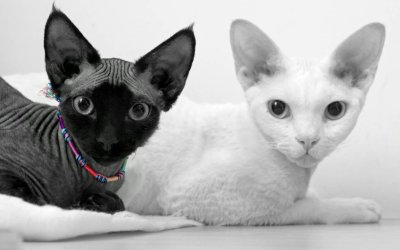
Concerned about my cat’s weight loss lately. Your article shed some light on possible reasons…
I’ll definitely be taking her to the vet to get checked out